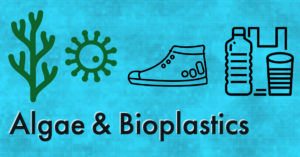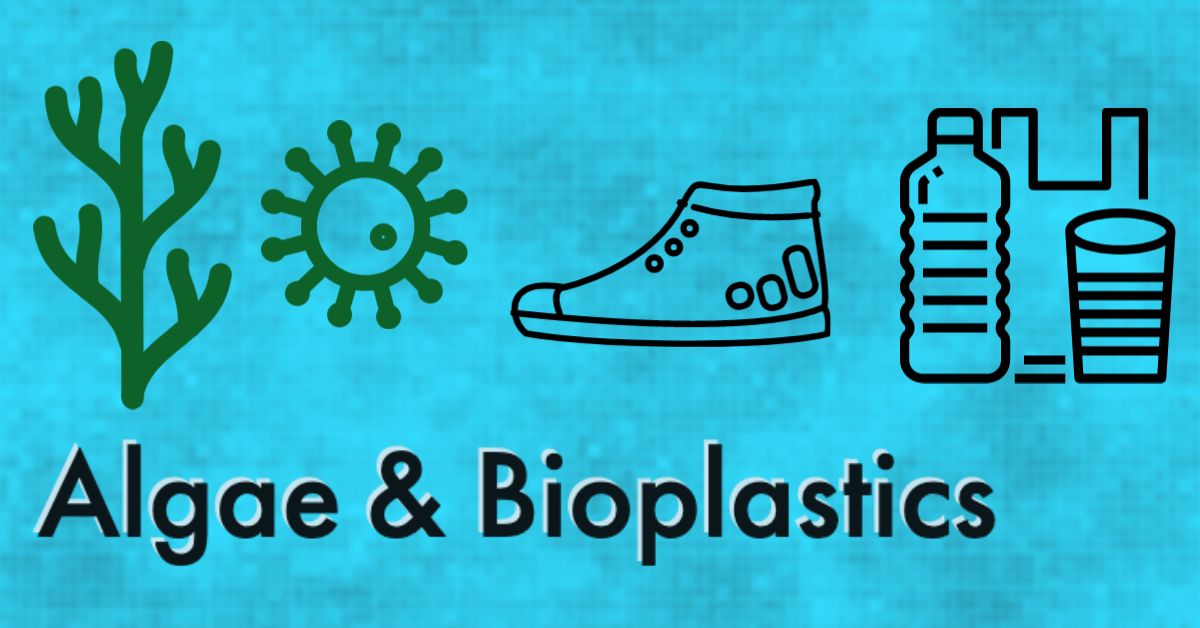 Technology innovators are finding new ways to make algae a more effective and sustainable ingredient in countless applications, and over the past few months an uptick in algae activity in bioplastic markets has caught our attention.
Technology innovators are finding new ways to make algae a more effective and sustainable ingredient in countless applications, and over the past few months an uptick in algae activity in bioplastic markets has caught our attention.
Plastic is quickly being recognized as a more serious environmental problem than previously thought. Millions of tons of plastic are finding their way into our ecosystems, from the oceans, to animal life and even inside our bodies. A collapse in global recycling markets may only add to the challenge of dealing with so many plastic products that have become part of our daily lives.
Solutions are coming from all quarters, and algae are among the most promising. A recent Greenbiz story highlighted several efforts, including Algix and its algae-based foams that can be used in everything from shoes, to outerwear, to everyday household items. Other companies working on plastic and polymer products from algae (including seaweeds, which are also a type of algae) include ABO member Checkerspot, as well as Algenesis, Loliware, Ooho, and Evoware.
The global nature of the challenge means potential solutions are attracting attention from global leaders. Indonesia, for example, hopes to rally its entire seaweed industry to tap the bioplastics market.
Business is not the only place to find progress. Advanced research is also unlocking ways to enhance the ability of algae to contribute to solutions to the plastics problem. At Japan’s Kobe University, a team recently reported they had discovered how to induce algae to produce D-lactate, a valuable precursor chemical in bioplastics. And at the Arizona Center for Algae Technology and Innovation scientists reported last year how modified algal cells can produce biodegradable plastics.
More innovation is in the pipeline, among companies in the research community. Submissions to present at the upcoming Algae Biomass Summit included more innovations in the polymers and plastics sector than ever before, and will likely be a significant component of the Summit’s agenda. If you are interested in participating in the Summit’s focus on algae-based plastics, you can still submit an abstract here.
Given the size of the plastics market, and the scope of the environmental challenge, it is clear that algae have a bright future in how we manufacture the products that make modern life possible. At ABO we will be keeping up with the latest developments, building networks, and streamlining the process that will transform these advanced innovations into everyday solutions.
Ready to take advantage of the algae opportunity? Join us!


